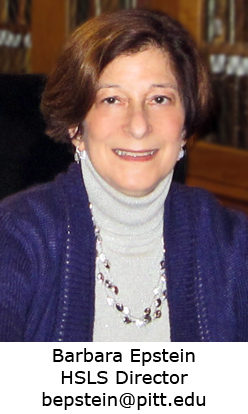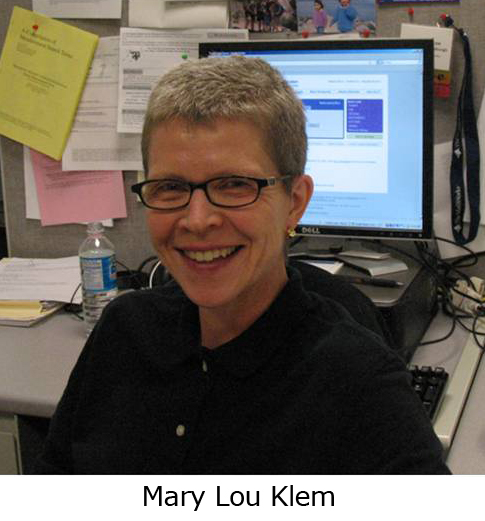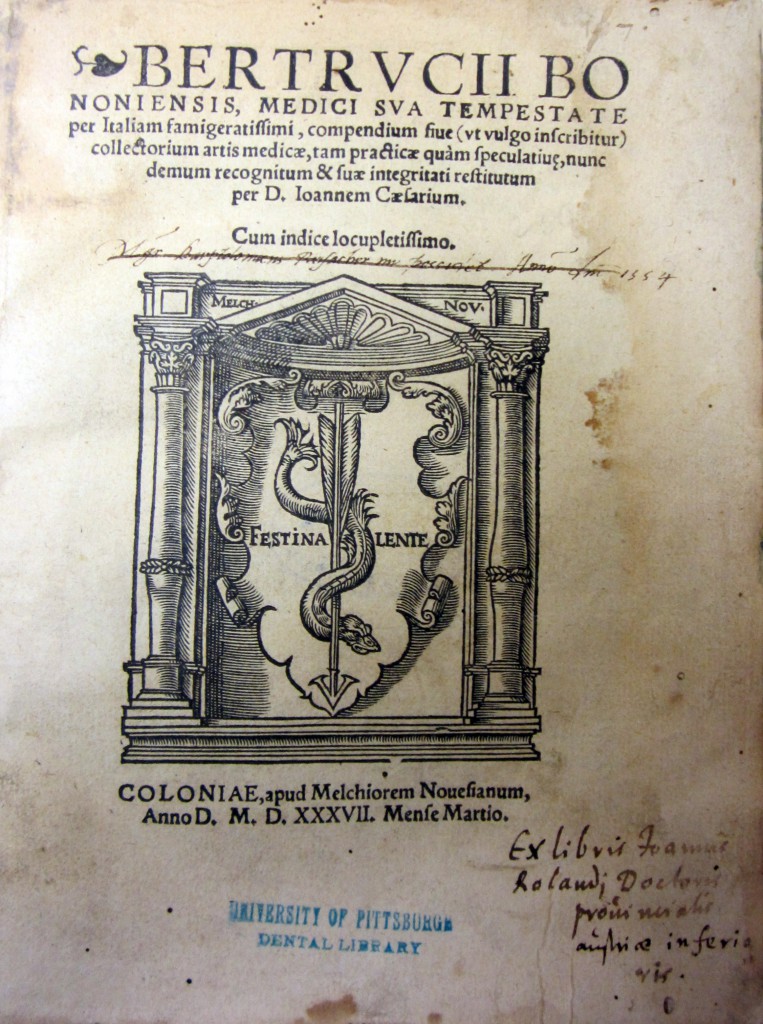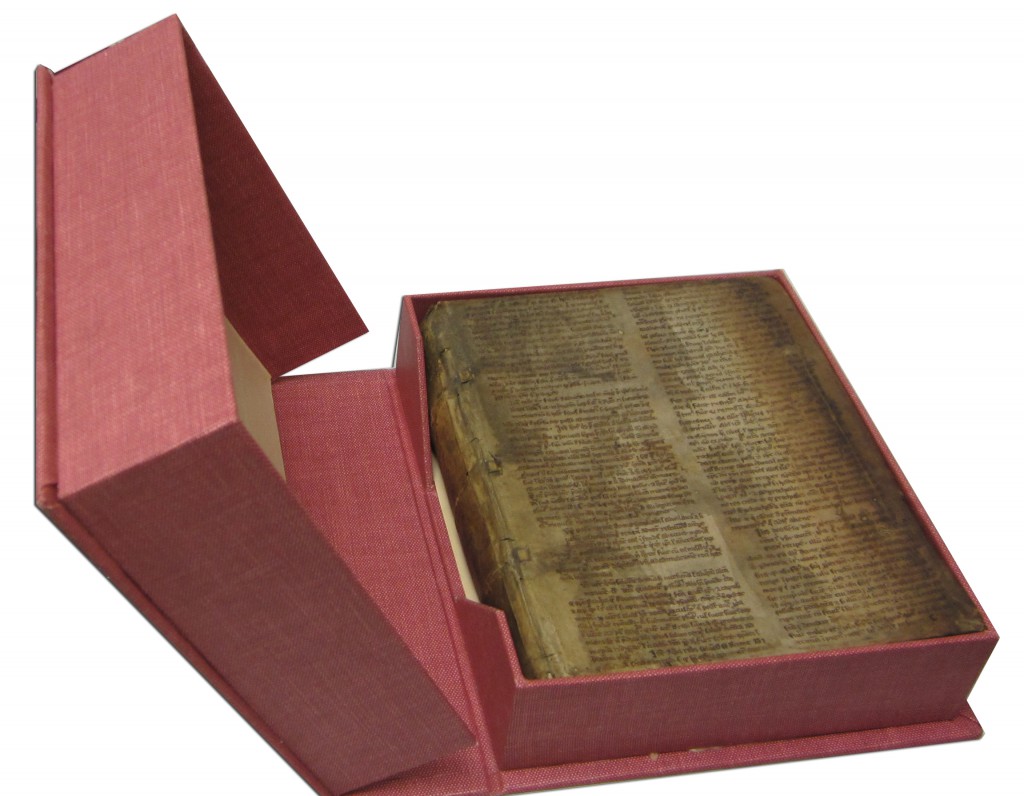HSLS offers classes on database searching, software applications such as Adobe Photoshop, bibliographic management, molecular biology and genetics, and library orientations. For more information, visit the online course descriptions.
Classes are held on the first floor of Falk Library (200 Scaife Hall) in Classroom 1 and on the upper floor of the library in Classroom 2. All classes are open to faculty, staff and students of the schools of the health sciences at the University of Pittsburgh. They are also open to UPMC residents and fellows.
No registration is required for any of these classes. Seating for classes is first-come, first-served, until the class is full. Classes marked with an asterisk (*) qualify for American Medical Association Category 2 continuing education credit.
Class schedules are subject to change. Please consult the online class calendar for the most current information.
Faculty, staff and students of the schools of the health sciences will need a valid Pitt ID or e-mail account to attend these classes. UPMC residents/fellows will need to show their UPMC IDs.
HSLS ORIENTATION
Introduction to HSLS Resources and Services at Falk Library
(Meet inside entrance to Library)
Offered upon request to groups or individuals. Call 412-648-8866.
SEARCHING DATABASES
Painless PubMed* (Falk Library Classroom 1)
| Friday, April 5 |
3:30-4:30 p.m. |
| Thursday, April 11 |
1-2 p.m. |
| Wednesday, April 17 |
9-10 a.m. |
| Tuesday, April 23 |
noon-1 p.m. |
Focus on Behavioral Medicine: Searching PsycINFO* (Falk Library Classroom 1)
| Thursday, April 4 |
10:30 a.m.-noon |
MOLECULAR BIOLOGY AND GENETICS RESOURCES
Pathway Analysis Tools 1* (Falk Library Classroom 2)
| Wednesday, April 3 |
1-3 p.m. |
Primer Design & Restriction Analysis* (Falk Library Classroom 2)
| Wednesday, April 10 |
1-3 p.m. |
Pathway Analysis Tools 2* (Falk Library Classroom 2)
| Wednesday, April 17 |
1-3 p.m. |
SOFTWARE TRAINING
Adobe Photoshop (Falk Library Classroom 2)
| Tuesday, April 2 |
1-3 p.m. |
|
EndNote Basics (Falk Library Classroom 2)
| Friday, April 19 |
9-11 a.m. |
|
PowerPoint for Conference Posters (Falk Library Classroom 2)
| Monday, April 8 |
noon-2 p.m. |
CUSTOMIZED CLASSES
Customized classes can be developed for your department, course, or other group.
 Attention University of Pittsburgh and UPMC researchers: The HSLS Molecular Biology Information Service is pleased to announce the availability of unlimited licenses for CLC Genomics Workbench from CLC bio. This resource is a comprehensive and user-friendly cross-platform desktop application for analyzing, comparing, and visualizing next generation sequencing (NGS) data. CLC Genomics Workbench supports not only genomics analyses, but also transcriptomics, epigenomics, and classical sequence analyses. Funding for CLC Genomics Workbench is provided by the University of Pittsburgh’s Institute for Personalized Medicine.
Attention University of Pittsburgh and UPMC researchers: The HSLS Molecular Biology Information Service is pleased to announce the availability of unlimited licenses for CLC Genomics Workbench from CLC bio. This resource is a comprehensive and user-friendly cross-platform desktop application for analyzing, comparing, and visualizing next generation sequencing (NGS) data. CLC Genomics Workbench supports not only genomics analyses, but also transcriptomics, epigenomics, and classical sequence analyses. Funding for CLC Genomics Workbench is provided by the University of Pittsburgh’s Institute for Personalized Medicine.




 Little is known about Nicola Bertuccio (d. 1347), the author of the Compendium sive (ut vulgo inscribitur) Collectorium artis medicae, published in 1537. He was associated with the University of Bologna, a center in medieval Europe for the study of medicine, where dissection began to be practiced around 1300. Following the research of his teacher and predecessor, Mondino de Liuzzi, Bertuccio contributed to the revival of anatomical studies. His teachings attracted Guy de Chauliac, the author of a seminal work in surgery, Inventarium sive Chirurgia Magna, to come to Bologna to study surgical techniques.
Little is known about Nicola Bertuccio (d. 1347), the author of the Compendium sive (ut vulgo inscribitur) Collectorium artis medicae, published in 1537. He was associated with the University of Bologna, a center in medieval Europe for the study of medicine, where dissection began to be practiced around 1300. Following the research of his teacher and predecessor, Mondino de Liuzzi, Bertuccio contributed to the revival of anatomical studies. His teachings attracted Guy de Chauliac, the author of a seminal work in surgery, Inventarium sive Chirurgia Magna, to come to Bologna to study surgical techniques.